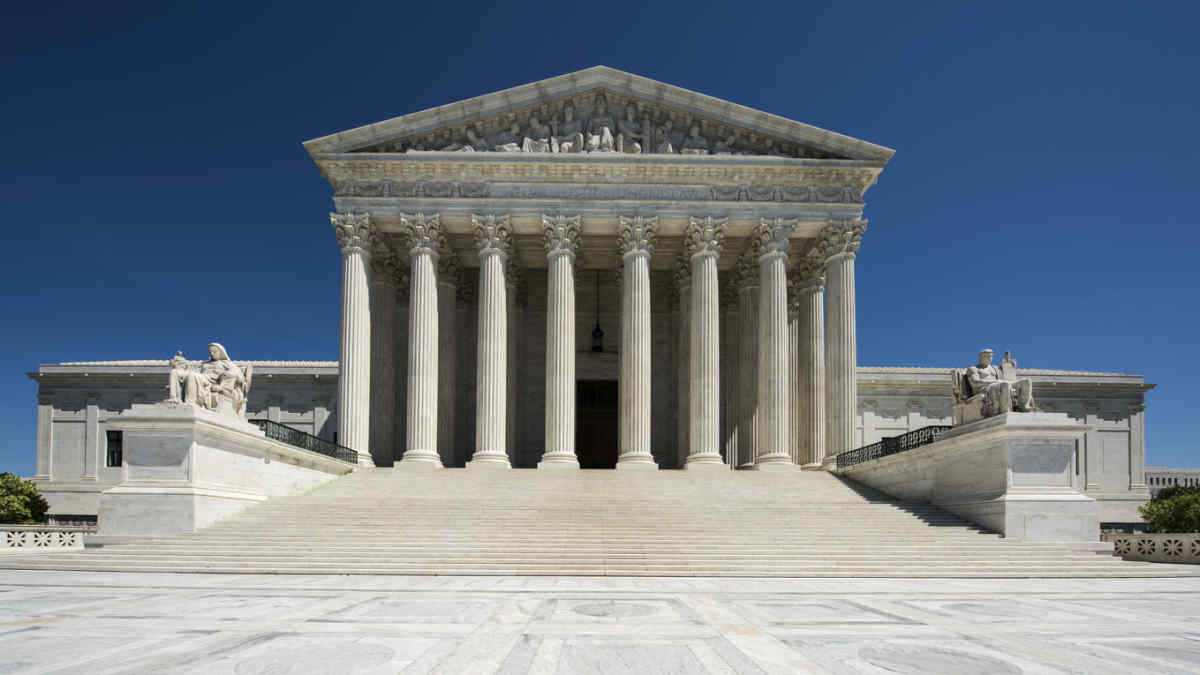

?On Jan. 23, the U.S. Supreme Court dismissed its review of a case that would have clarified the scope of the attorney-client privilege, delivering a brief decision stating that review of the case was improvidently granted. We’ve gathered articles on the news from SHRM Online and other media outlets.
Dual Purpose Communications
The justices heard oral arguments in the case, In re Grand Jury, earlier this month. The case involved when communications with both legal and nonlegal advice should be protected by the attorney-client privilege.
(The Hill)
Examples of Such Communications
Richard Kiely, an attorney with Holland & Hart in Denver and Jackson, Wyo., said that examples of dual-purpose communications referenced in the oral arguments included:
- Discussions about settling claims against a company.
- Internal investigations conducted by in-house counsel, such as employment-related investigations.
- The common situation when an attorney might sit in on a business meeting simply to observe and listen for potential legal issues.
- In the context of tax advice, where the lawyer’s advice might include both a legal analysis of the tax code along with nonprivileged tax preparation or business-specific considerations.
Law Firm Held in Contempt for Withholding Documents
In this case, after a grand jury sought records from an unnamed law firm hired to prepare that person’s tax returns, a federal judge ordered the firm to provide documents that had both legal advice and ordinary tax-return accounting unless the legal advice was the document’s primary purpose. The firm refused, saying that the documents should be protected so long as legal advice was a substantial purpose of the communication. The judge held the firm in contempt, an appeals court agreed that the tougher primary purpose standard should apply and the firm appealed to the Supreme Court, asking the justices to let it withhold documents in which legal advice played a subsidiary but significant role.
“We’ve had the attorney-client privilege for a long time, and until 2014, nobody ever suggested that the test that you’re proposing is the right one,” said Justice Elena Kagan at oral arguments. “Everybody instead used the primary purpose test.”
Decision Would Have Been Significant
The Supreme Court “does not often weigh in on the scope of attorney-client privilege,” said Jeffrey Mongiello, an attorney with Epstein Becker Green in Newark, N.J. “So, when the court does speak, it is consequential.”
He added, “Not all communications to and from counsel are considered privileged just because the communication is with an attorney. The communication must solicit or give legal advice” to be protected.
Steps to Keep the Privilege
Dual-purpose communications leave employers open to claims that the attorney-client privilege doesn’t apply. These steps can help reduce the unnecessary risk of losing the privilege:
- Avoid commingling of legal and nonlegal advice.
- Clearly communicate the legal advice that is being requested or provided.
- Mark communications as legal advice.
- Consider whether a written communication is necessary.
- Limit the recipients and invitees.
(Reuters)

